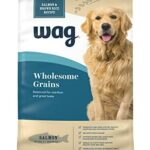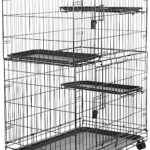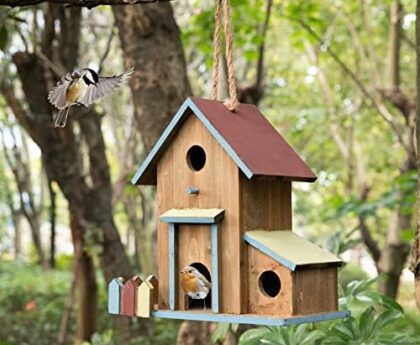

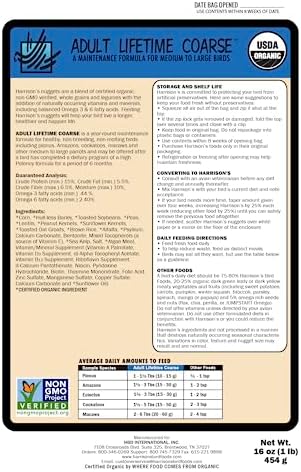




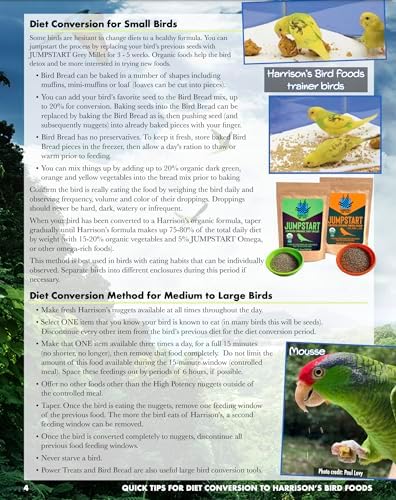
Price: $16.99
(as of Nov 07,2023 17:11:58 UTC – Details)
Product Description
Adult Lifetime Coarse


Harrison’s nuggets are a blend of certified organic, non-GMO verified, whole grains and legumes with the addition of naturally occurring vitamins and minerals, including balanced Omega 3 & 6 fatty acids. Feeding Harrison’s nuggets will help your bird live a longer, healthier and happier life.


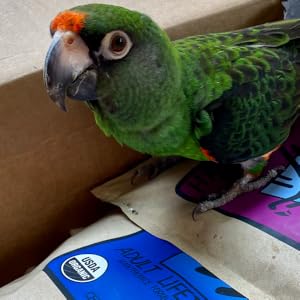



Adult Lifetime Coarse
ADULT LIFETIME COARSE is a year-round maintenance formula for healthy, non-breeding, non-molting birds including pionus, Amazons, cockatoos, macaws and other medium to large parrots and may be offered after a bird has completed a dietary program of a High Potency formula for a period of 6 months.
Converting to Harrison’s
Consult with an avian veterinarian before any diet change and annually thereafter.Mix Harrison’s with your bird’s current diet and note acceptance.If your bird needs more time, taper amount given over four weeks, increasing Harrison’s by 25% each week (reducing other food by 25%) until you can safely remove the previous food altogether.If needed, scatter Harrison’snuggets over white paper or a mirror on the floor of the enclosure.
Storage and Shelf Space
Harrison’s is committed to protecting your bird from artificial preservatives. Here are some suggestions to keep your food fresh without preservatives:
Squeeze all air out of the bag and zip it shut at the top.If the zip lock gets removed or damaged, fold the top over several times and close with a clip.Keep food in original bag. Do not repackage into plastic bags or containers.Use contents within 8 weeks of opening bag.Purchase Harrison’s foods only in their original packaging.Refrigeration or freezing after opening may help maintain freshness.






Other Foods
A bird’s daily diet should be 75-80% Harrison’s Bird Foods, 15-20% organic dark green leafy or dark yellow meaty vegetables and fruits (including sweet potatoes, carrots, pumpkin, winter squash, broccoli, parsley, spinach, mango or papaya) and 5% omega-rich seeds and nuts (flax, chia, perilla, or JUMPSTART Omega).
Do not offer vitamins unless directed by your avian veterinarian. Do not use other formulated diets in conjunction with Harrison’s or you could reduce the benefits.
Exercise
Recent research has shown that a lack of exercise is a primary factor in the development of diseases, especially atherosclerosis. This appears to be a condition that is present in all captive parrots to some degree and worsens with age.
There are a few ways a family can ensure that a pet bird has access to exercise:
• Free-flying would be the ultimate exercise, but there are potential associated risks, such as escape or encountering household dangers
• Housing in a large enough enclosure to allow free flight
• Placing a harness or leash on the bird and have it tethered to an outdoor line under constant observation
• Placing a ladder inside the enclosure to encourage movement
• Providing safe environmental enrichment activities
• Offering daily time for the bird to move around outside the enclosure with supervision
Sunlight
Access to sunlight is essential for activation of vitamin D and utilization of calcium in the body. For example, African grey parrots, whose natural living conditions are high in the jungle canopy, require an abundance of sunlight in captivity to activate dietary calcium.
There are several ways access to sunlight can be accomplished for pet birds:
• One may expose the bird in its cage or other safe enclosure to outdoor fresh air and direct sunlight for short periods of time. There should be shade available for the bird to retreat.
• Putting a cage in front of a sunny window does not accomplish the same thing. The glass itself prevents transfer of the proper rays.
• In areas or seasons where there is little direct sun, recommended lamps with sufficient UVA and UVB lights may be used to simulate sun rays.
Species includes: Amazons, Cockatoos, Eclectus, Macaws, Conures, Hornbills, Toucans
This year-round maintenance formula meets the nutritional requirements for healthy, non-breeding, non-molting birds.
Non-GMO and human-grade ingredients: no artificial colors, flavors, or preservatives
Made in The USA


